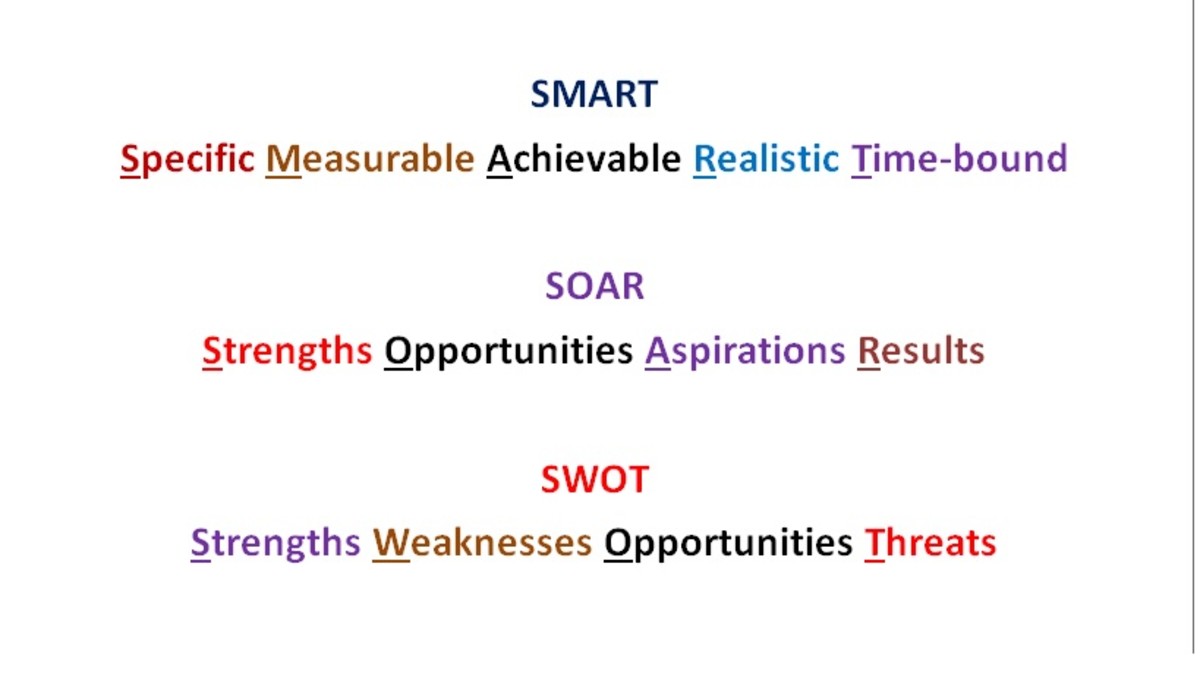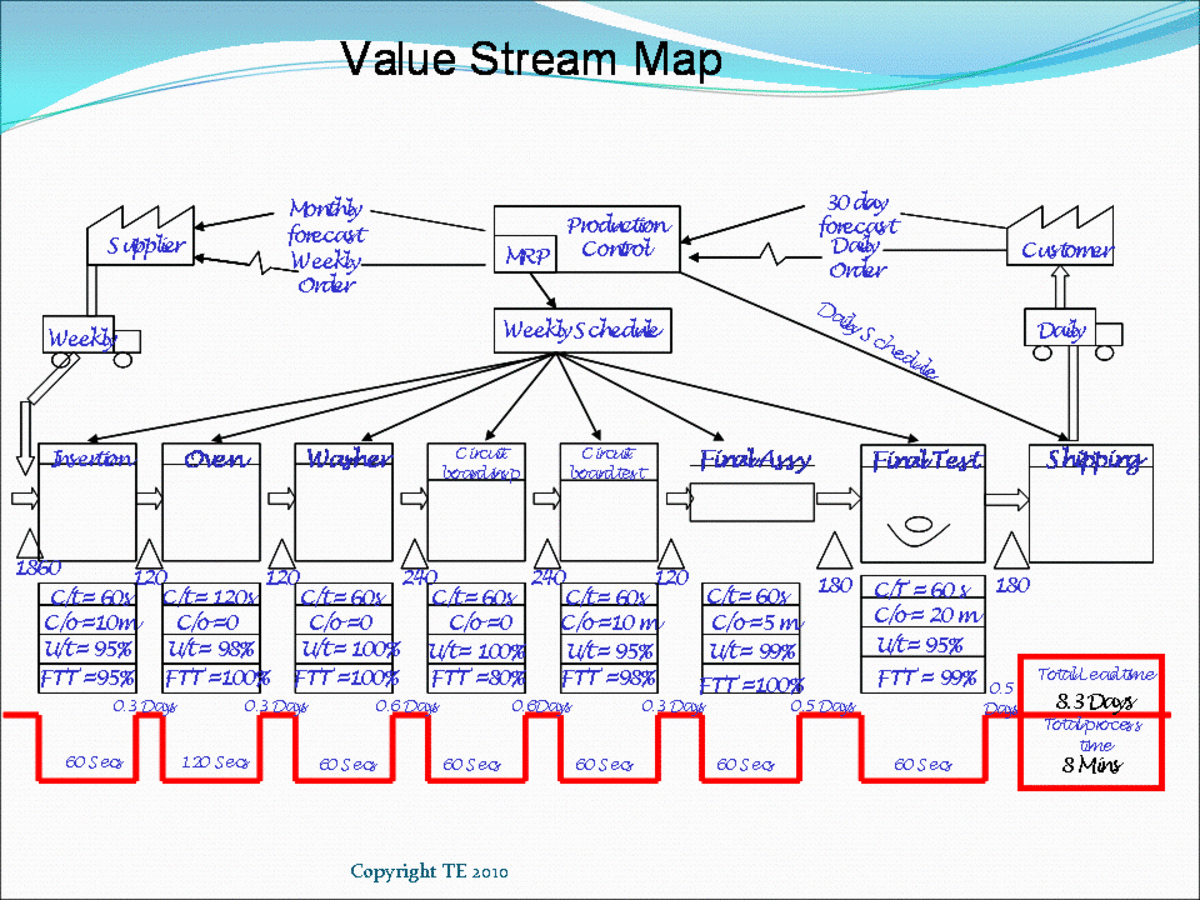How to Evaluate the Implementation of Your Business Plan
Where to Begin
I was recently asked to take on a project for a community arts organization that operates a venue hosting multiple kinds of events, concerts, receptions, soirees, etc. - and is just a few years from resurrecting the venue from the ashes of history.
It's in a beautiful, old buidling in the midst of a small, yet thriving, traditional downtown neighborhood, but in some ways, it seems as ill fitting for its time and place as one could imagine.
It also struggles from a lack of definition within the community of what audiences it truly serves. While the community wholeheartedly embraces its presence, there are few events that match the crowd its designed to accomodate. With a maximum capacity of 750, it's too large for any kind of really intimate event, and too small for anything that could be called a "blockbuster".
Personally, I find that kind of "tweener" event very attractive, but try to create a business model that finds enough events, with enough frequency, at the right price to generate enough revenue to cover operating expenses - good luck!
Reviewing the Strategic Plan
Fortunately, when I undertook this project, I didn't have to go into it entirely blind. Three years earlier, when the first stage of renovations were completed, a strategic plan was created with a number of measurable objectives that could be assessed and re-evaluated at the time I came into the picture.
An internal assessment had already been made against the stated objectives, and a new list of items to evaluate was generated. The Board was seking a set of recommendations taht would help them determine where they could hope to, expect and need to take their operations in the upcoming years.
Rather than developing a new strategic plan, becasue their operations had remained unsteady, the Board and its planning committee were simply looking for answers that would let them know not only how an objective expert saw them performing, but alsowhat they could to stabilize their operations, and what the best formula for future success would be.
Looking Back, Then Looking Ahead
This institution's plan was very unique. But it could provide a very good frame of reference for evaluating most business plans nonetheless. All of the elements for a sound evaluation are there. The basic principles are always the same.
You need to take a look back at where you've been, and once that's undererstood clearly, look ahead to what the future can hold if you execute the next phases of your plan correctly.
As you look back, you have to assess not only how you've performed, but also how uncontrollable circumstances and other unknowns have forced the organization to reconsider what it will take to succeed.
For example, my client could not possibly foresee how a major downturn in the economy would inhibit its horizon of opportunity. Furthermore, it's Board had no way of projecting that nationally known comedy troops, local celebrity dancers, and a mixture of music, lecture and other performances would come to dominate it's calendar.
While this diversity would seem to be a major positive, it was actually a reflection of the local symphony's decision to fund its own facility that forced the effort to pursue this variety - and that was not good news!
But success is never defined by the setbacks you face, but rather by what you do to overcome them. And it's wise to bear in mind that nearly every successful endeavor follwed a period when it seemed like a complete failure.
So, as you look ahead, you always have the option to say project completed - and bring it to an end. But this is rarely an acceptable option. Knowing that, the future must be planned for with great purpose.
The key to moving ahead with any business, regardless of past success, is to define your purpose in such a way that your passion will always match the effort needed in order to reach your goals.
The Final Grade
As you come to report the evaluation you make on implementation of your business plan, carefully consider how the report will impact the future of your enterprise. Be accurate. Neither overlook shortcomings in the operations of the organization, nor take too harsh a view of unattained goals.
Evaluate where you've come to as a knowledgeable, reasonable and independent investor would be likely to. While profitably, revenue growth and efficiency are all indicators of short term successes, you need to look at and understand your own market potential thoroughly in order to recognize what you will be able to do in the future. Frankly, one of the most important indicators of your success in implemenation is how well management has done at recognizing the market opportunties around you.
There are many other factors you can and often, should, consdier. But by gauging profitability, revenue growth, expense efficiency and assessing the surrounding market potential, you will have gained a very good perspective on your success in implementing your plan.
For assistance in producing, revising or evaluating business and strategic plans, please contact Andrew Thompson at Elusen Professional Services today.








